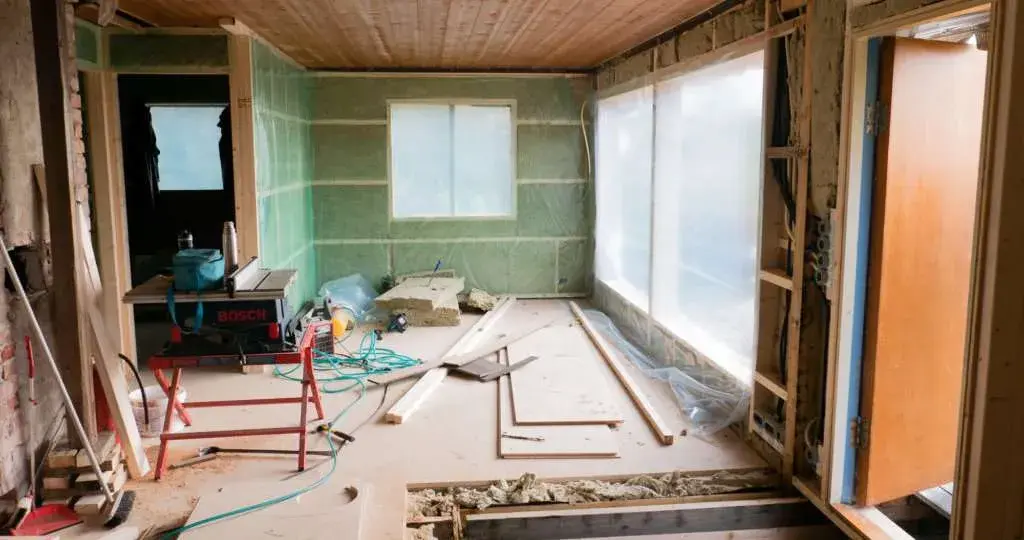
In today’s environmentally conscious world, the importance of energy efficiency cannot be overstated. From reducing carbon footprints to saving on utility bills. Homeowners are increasingly seeking ways to improve the energy efficiency of their homes. One such avenue gaining traction is insulation, with governments offering grants and incentives to encourage adoption. In this comprehensive guide, we explore the domain of house insulation grants. Exploring their significance, eligibility criteria, application process, and the potential savings they can unlock.
These grants are government incentives aimed at promoting energy-efficient practices by subsidizing the cost of insulation installation or upgrades for residential properties. These grants typically target specific types of insulation, such as loft insulation, cavity wall insulation, or solid wall insulation, which are known to have a significant impact on reducing heat loss and improving energy efficiency. If you need insulation services you can contact us at 02081020057.
Significance of Energy Efficiency:
Before delving into the specifics of house insulation grants, it’s essential to understand why energy efficiency matters. By enhancing insulation, homeowners can significantly reduce the amount of heat lost through walls, roofs, and floors, thereby lowering the need for constant heating during colder months. This not only translates to substantial savings on energy bills but also contributes to a greener environment by reducing carbon emissions associated with heating systems.
Eligibility Criteria:
Eligibility varies depending on the country or region, as different governments may have distinct criteria and regulations in place. However, common factors that often determine eligibility include the age and type of property, household income, and whether previous insulation measures have been installed. Typically, older properties with inadequate insulation are prioritized for grant assistance to improve overall energy efficiency.

Application Process, Types, And Benefits Of House Insulation Grants
The process of applying for these grants typically involves several steps. Starting with researching available grants and understanding their specific requirements. Once eligibility criteria are met, homeowners are required to submit an application form along with supporting documentation. Such as proof of ownership and income details. In some cases, a professional assessment of the property’s insulation needs may be necessary to determine the extent of grant assistance required.
These grants can take various forms, including direct financial assistance, rebates, tax credits, or vouchers redeemable for insulation products or installation services. Some governments may offer incentives specifically targeted at low-income households or properties in designated energy efficiency improvement areas. Additionally, certain grants may be available only for specific types of insulation. Such as those aimed at addressing cavity walls or solid walls.
One of the most compelling aspects of these grants is the potential for significant long-term savings on energy bills. By reducing heat loss and improving energy efficiency, homeowners can enjoy lower heating costs throughout the year. Leading to substantial financial benefits over time. Moreover, enhanced insulation contributes to a more comfortable living environment by maintaining consistent temperatures. And reducing drafts, thereby improving overall home comfort and quality of life.
Conclusion
These grants represent a valuable opportunity for homeowners to enhance energy efficiency, reduce carbon footprints, and save on utility bills. By understanding the significance of insulation and navigating the eligibility criteria and application process. Homeowners can unlock the potential benefits of these grants. Investing in insulation not only yields immediate savings but also contributes to a sustainable future for generations to come.
